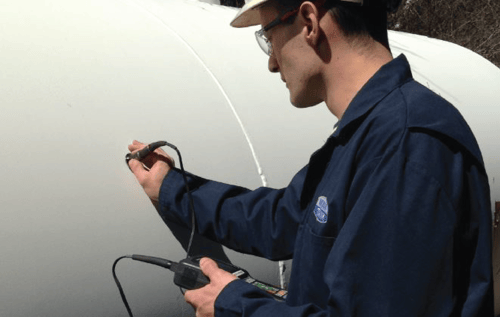Learn about Tank Compliance
Let's Talk: Tank Compliance
All storage tanks require routine inspections to ensure tank compliance, mitigate accidents and meet regulatory standards. While tank compliance criteria differ depending on vessel attributes (size, configuration, design, and product contained) the benefits of maintaining continual compliance are universal. Benefits include:
- Employee Health and Safety
- Accident Mitigation (leaks, punctures, shutdowns, system failures, etc.)
- Achievement of Government Regulatory Requirements
- Environmental Protection
The first step to take to ensure tank compliance is to look to the Federal, State, and Local regulations for guidance and requirements.
|
Federal |
State |
Local |
|
|
|
*Not inclusive of all governmental regulatory requirements

The next step is to create and implement a Vessel Maintenance and Accident Prevention Plan. This document should include:
- Regulatory Requirements for your Type of Vessel
- Continuous (Monthly, Quarterly, Annually) Inspection, Testing & Maintenance Schedules
- Risk Mitigation and Emergency Response Procedures
The bottom line is that if you are an owner or operator of a storage vessel it is critical that you schedule routine inspections to avoid costly shutdowns, accidents or government penalties.
Have questions? Give us a call! With over 100 years of experience, Mass Tank is proud to provide exemplary inspection and maintenance services that enable our customers to meet government regulations, mitigate accidents and shutdowns, and maximize the safety and integrity of their systems. With a staff of licensed consultants and certified inspectors, we feel confident that we can provide the guidance and support you need.







-1.png)